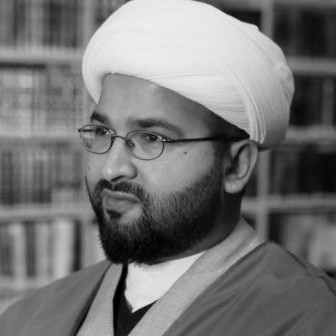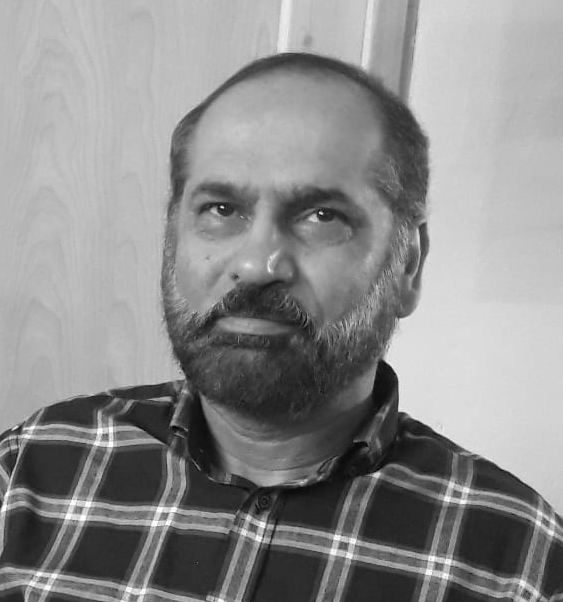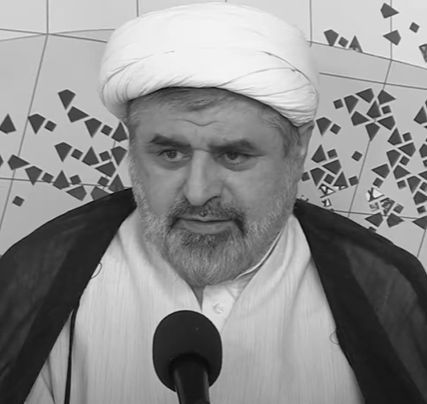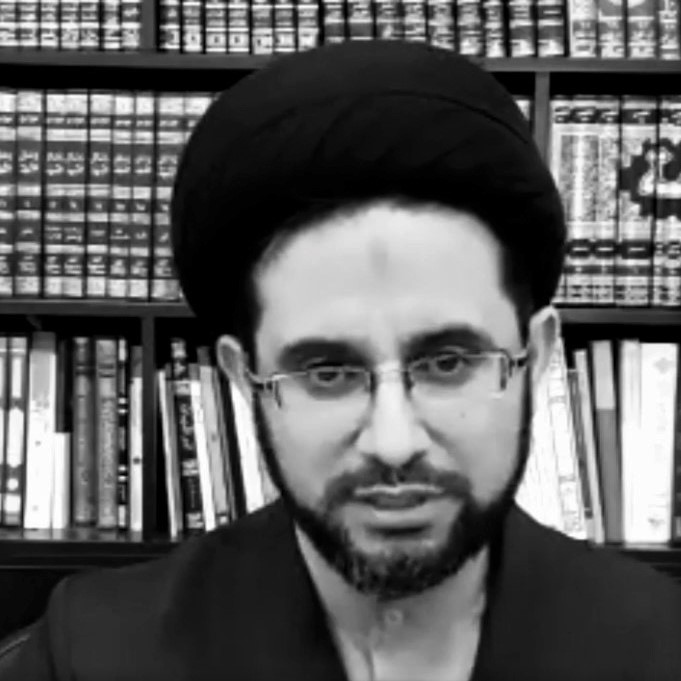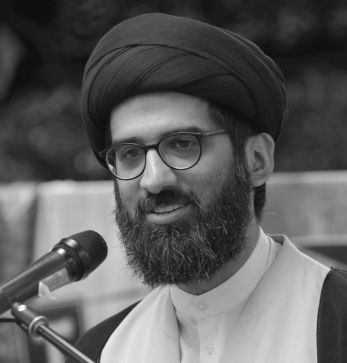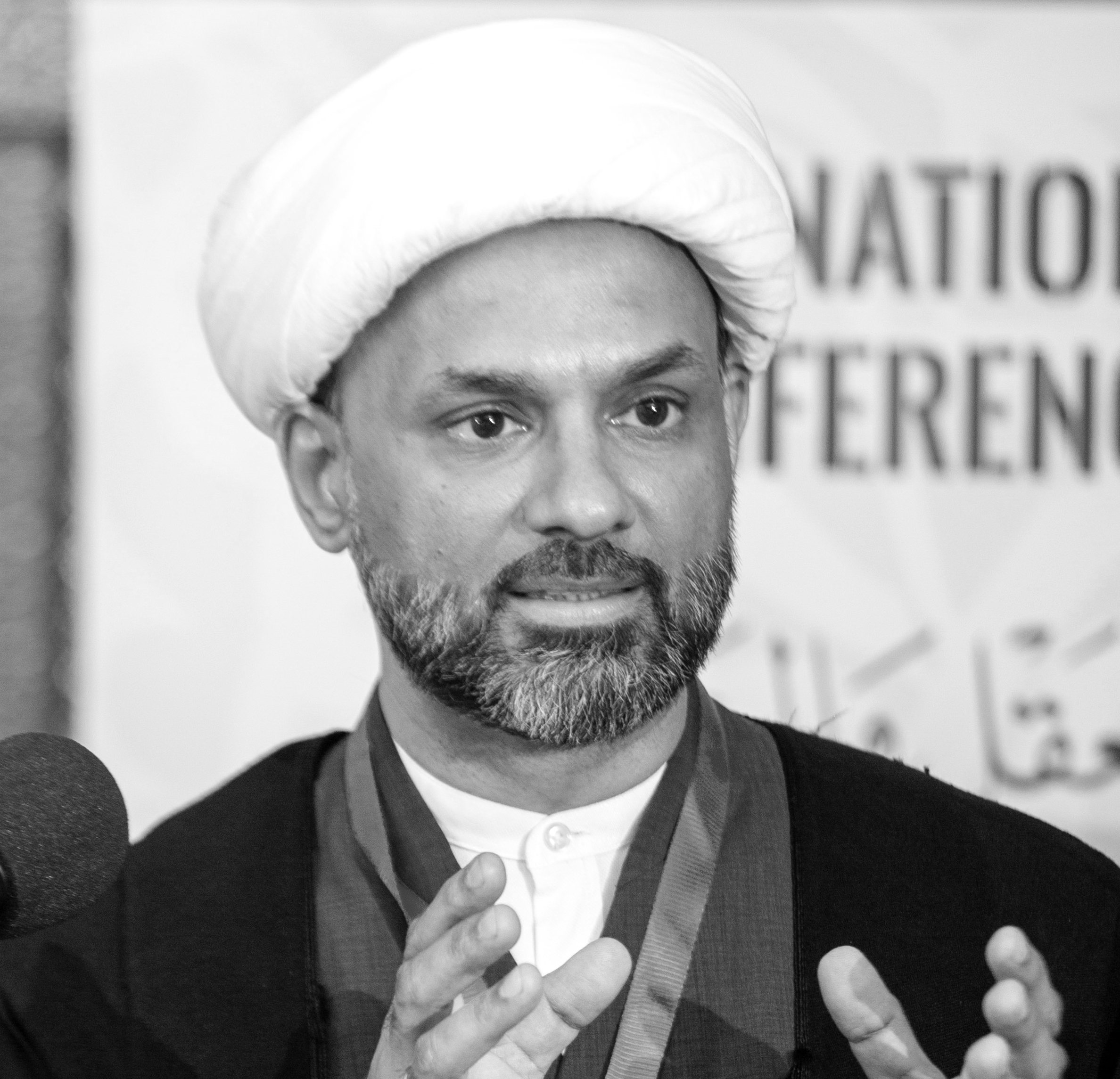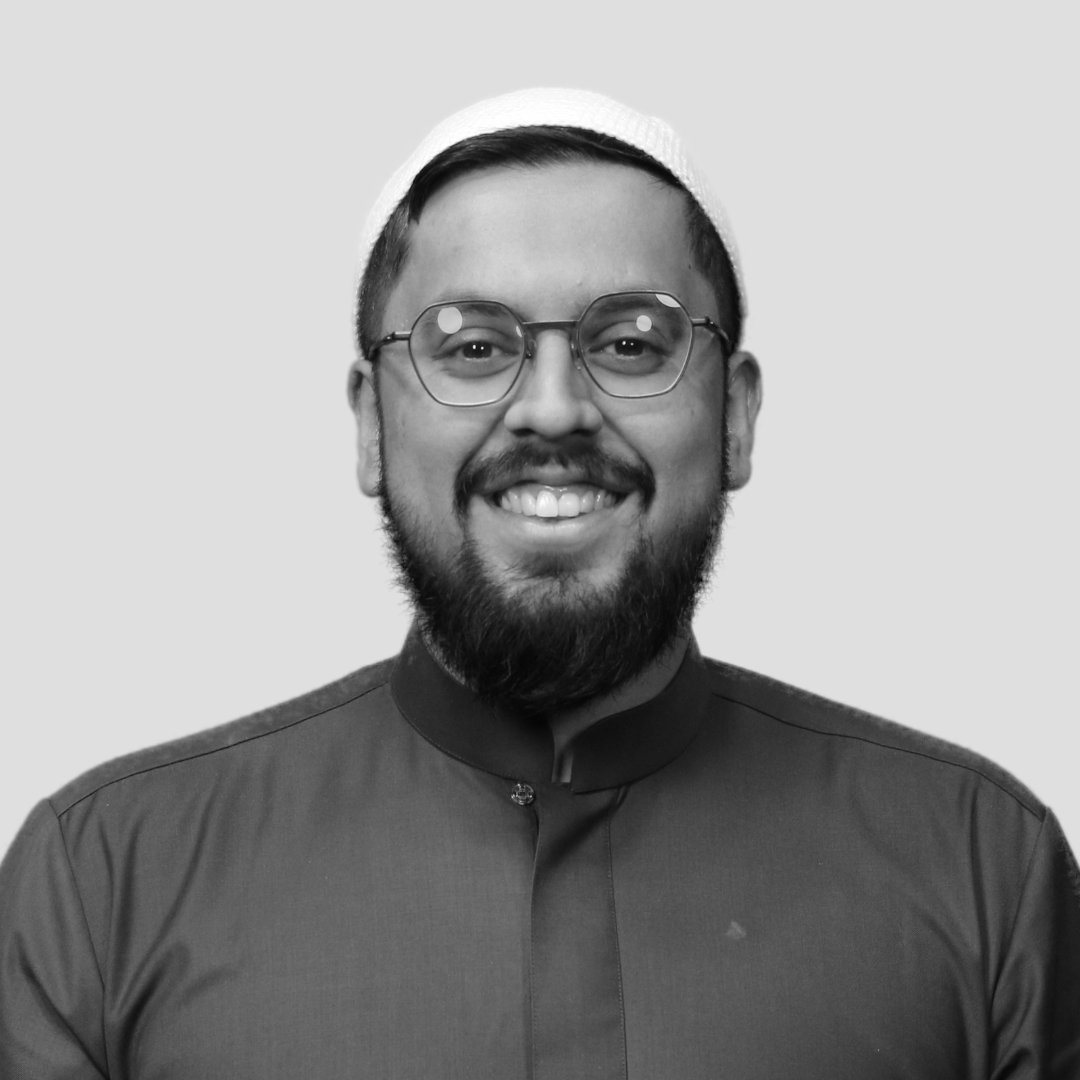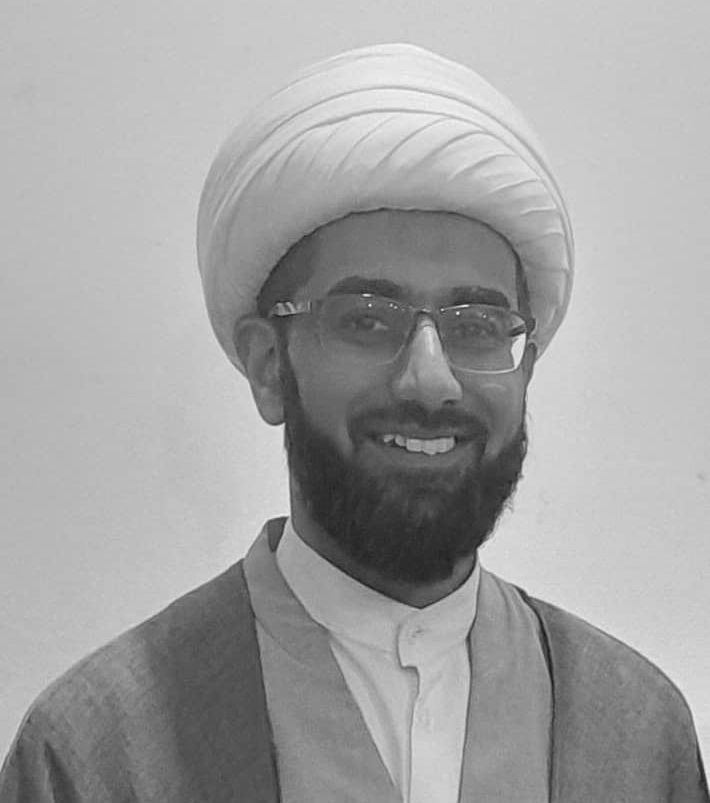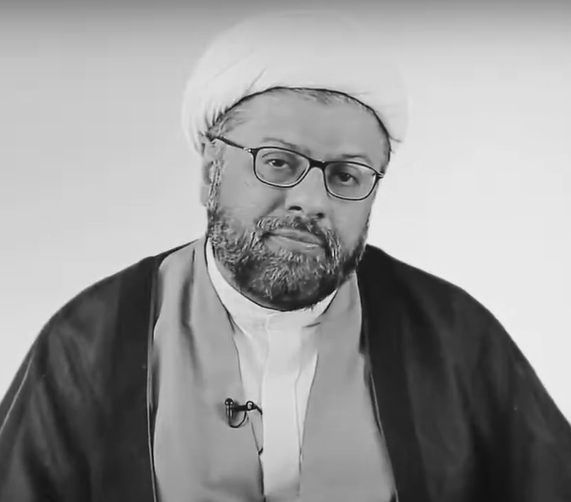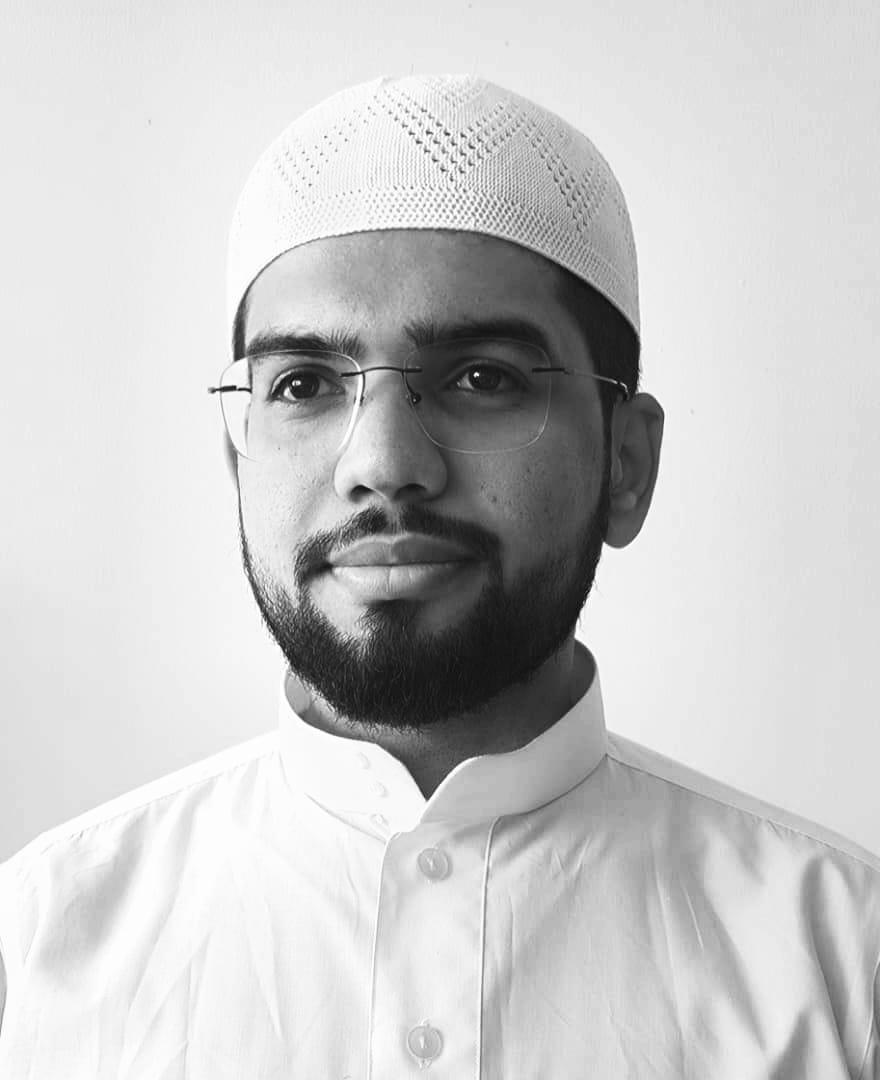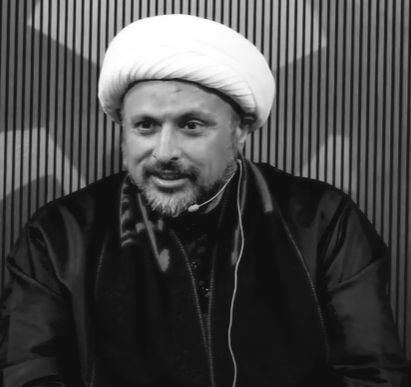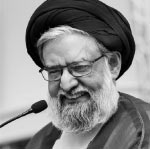Imam al-Sadiq (a) said, “Seek knowledge, and along with it, adorn yourselves with forbearance and dignity. [And if you are learned,] show humility to those whom you teach, and show humility to those from whom you have sought [and acquired] knowledge.”
(Al-Kafi, v.1, p.86)
The tradition above was quoted by His Eminence, Sayyid Ali Husayni Sistani (may Allah protect our scholars), when guidance was sought from him regarding the initiation of the Hawza Online project. Click here to view His Eminence’s written expression of appreciation, support, and guidance for Hawza Online.












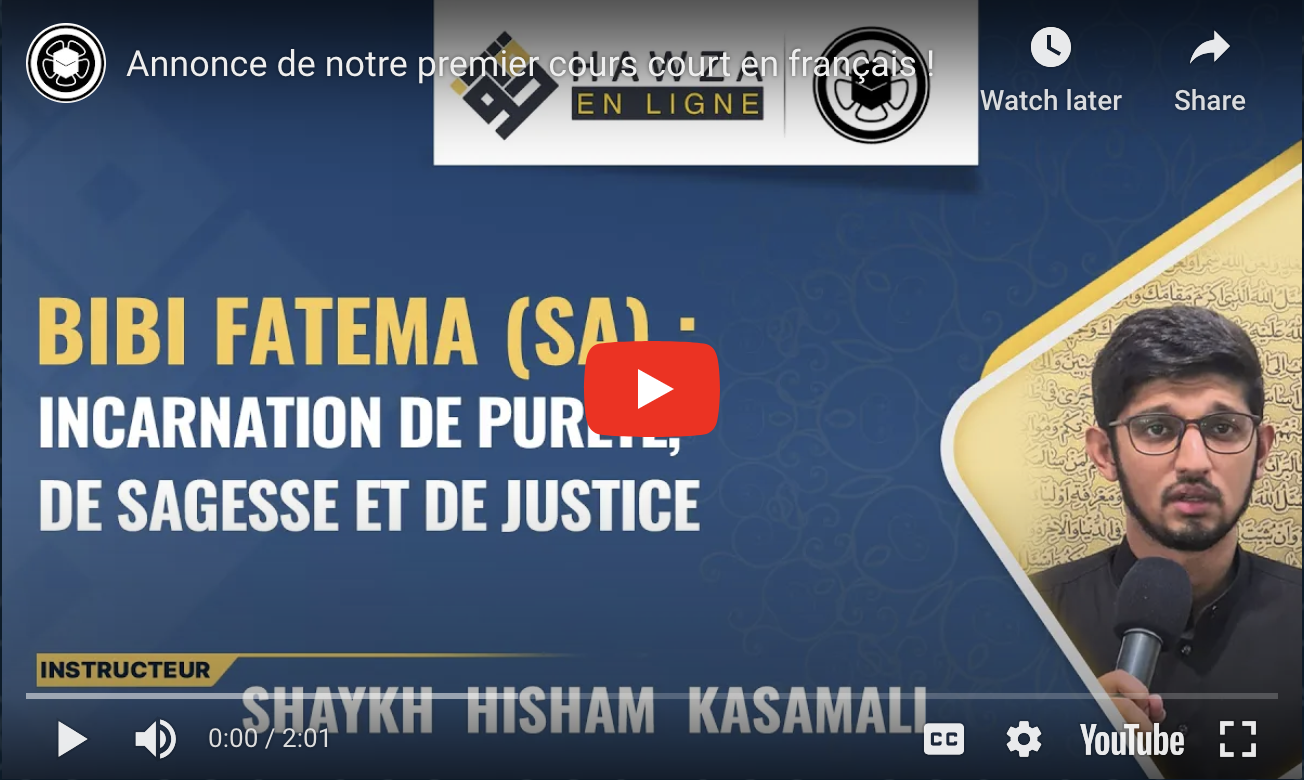


 Zehra Jamal STUDENT
Zehra Jamal STUDENT

